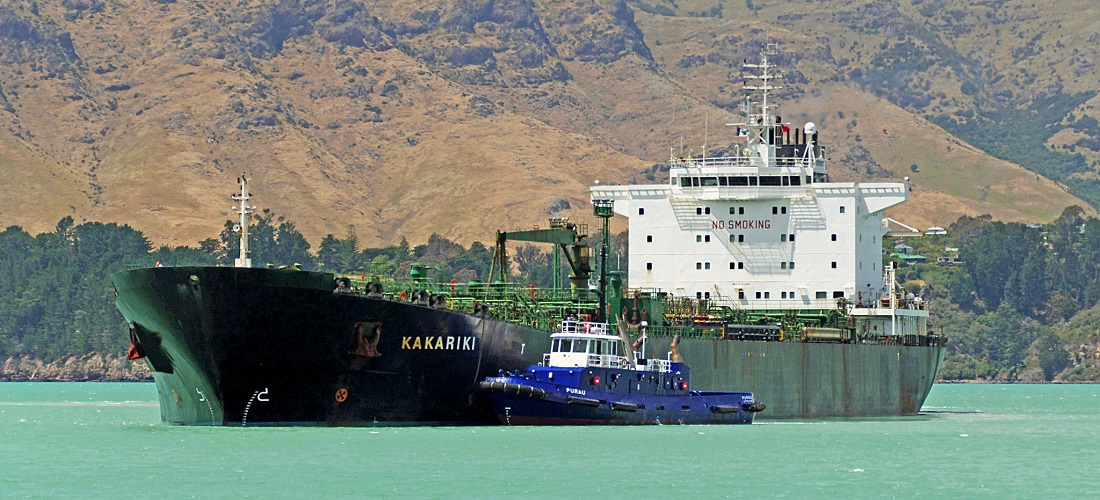
Innovations and oil industry growth expected ahead for Brazilian maritime market
Mar, 16, 2023 Posted by Gabriel MalheirosWeek 202313
Maritime transport has constantly reinvented itself over the centuries, and today it uses several technological innovations that aid in the industry’s development. The sector’s economic significance, combined with regulatory and operational challenges in management, productivity, security, and coordination of multiple concurrent processes, has piqued the interest of start-ups and entrepreneurs worldwide.
With the increased risk of fires in containers or carrier vessels, global shipping lines are exploring ways to improve the safety of transported cargo. Fires account for around 20% of insurance claims for maritime accidents.
Maritime transportation accounts for about 90% of the world’s trade, and trade routes are getting busier with different vessel types, including boxships and ro-ro ships. Fires on ships have increased dramatically in recent years, with some resulting in the loss of the vessel and its cargo and environmental damage. One of the factors contributing to the increased risk of fire on board ships is the absence or incorrect declaration of dangerous goods.
Raízen and KCC combine forces to improve efficiency
With this project, KCC ships will be able to transport Raízen’s Brazilian-produced sugar to customers in the Middle East, for example, and then transport oil-derived fuels back to South America, reducing emissions and increasing efficiency.
According to the company’s executives, depending on the route, the cargo mix combined with less ballast and shorter wait times between trips can reduce CO² emissions by up to 40% per ton transported compared to traditional tankers and bulk carriers. In addition, this allows the vessel to be continuously loaded with cargo in its head haul and backhaul journeys.
Transportation of liquids
Vibra, one of Brazil’s leading oil distributors, is betting on short-sea shipping to save costs and reduce carbon dioxide emissions.
The company has been using ships to transport the fuel produced in the South and Midwest to the Northeast of the country, avoiding the use of trucks that emit large amounts of carbon dioxide. In 2022, the company saved around 36 million reais with this mode of transport.
Vibra’s strategy has paid off, with a significant increase in the volume of biofuels transported by ships compared to the previous year.
To read the original news report, please see: https://navalportoestaleiro.com/transporte-maritimo-traz-novidades-em-2023-e-crescimento-da-industria-petrolifera-no-brasil/
-
Ports and Terminals
Nov, 25, 2020
0
SP government presents modified plans for Santos-Guarujá bridge project
-
Ports and Terminals
Dec, 16, 2019
0
Port of Itaqui welcomes Korean ship on its maiden voyage
-
Meat
Mar, 20, 2024
0
Pork exports in Mach slow down compared to 2023
-
Ports and Terminals
Apr, 10, 2023
0
Time frame for cargo trucks to arrive at Port of Santos extended until May


